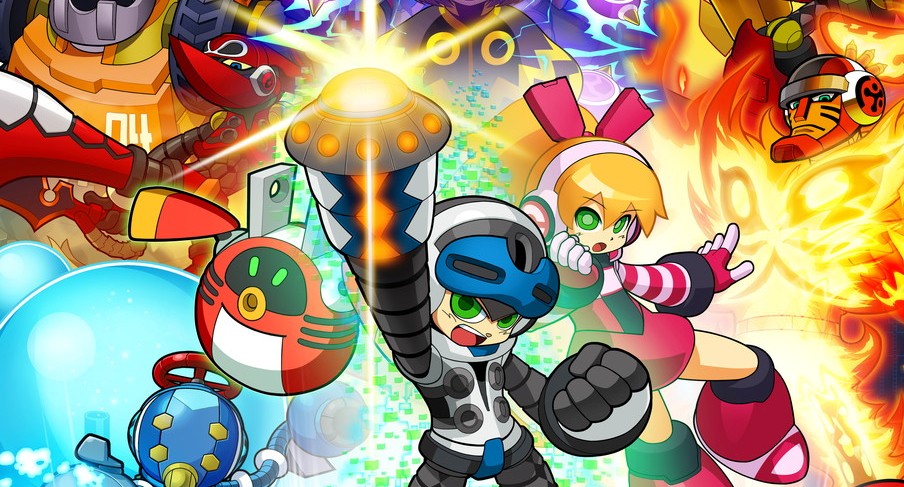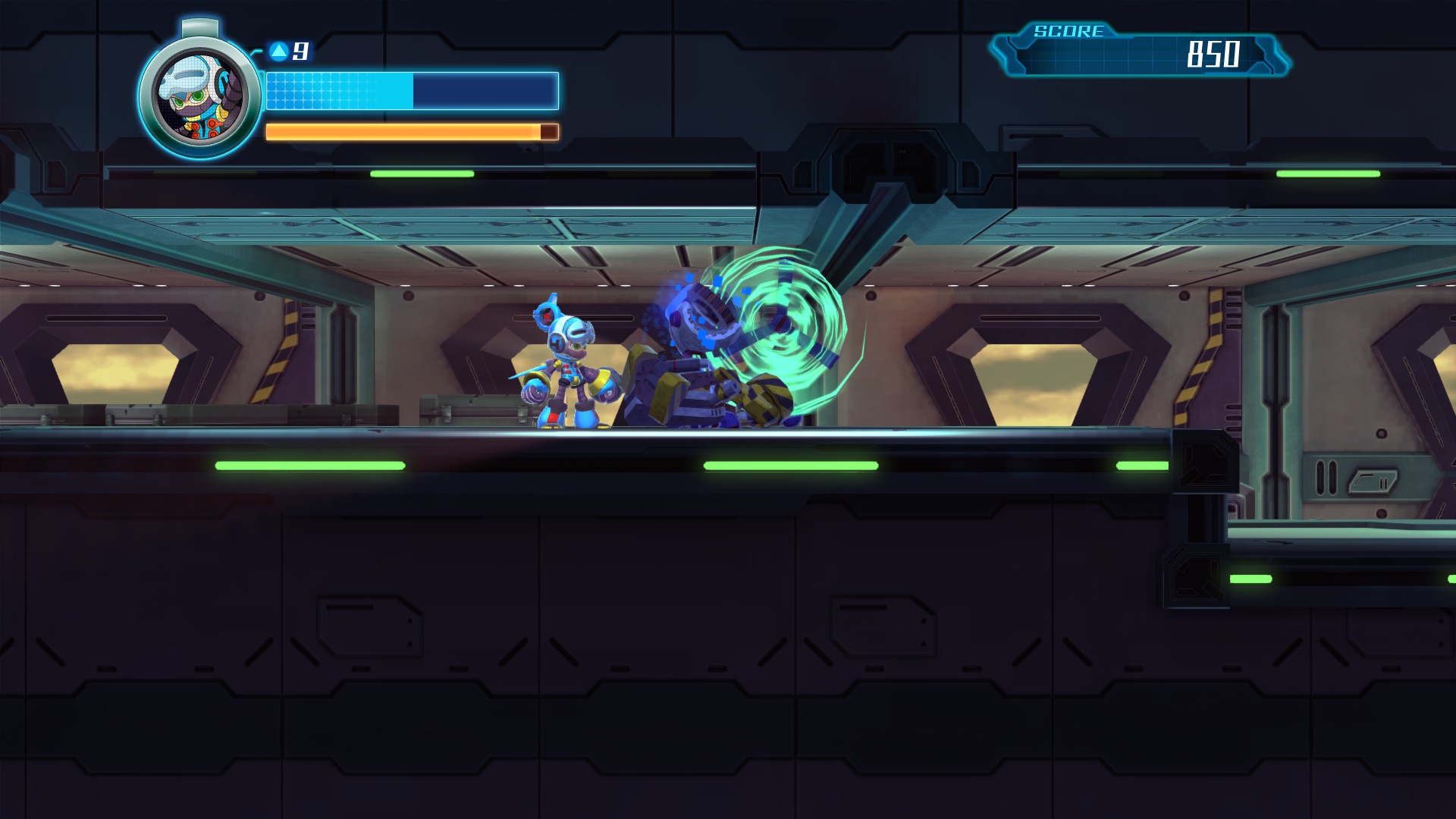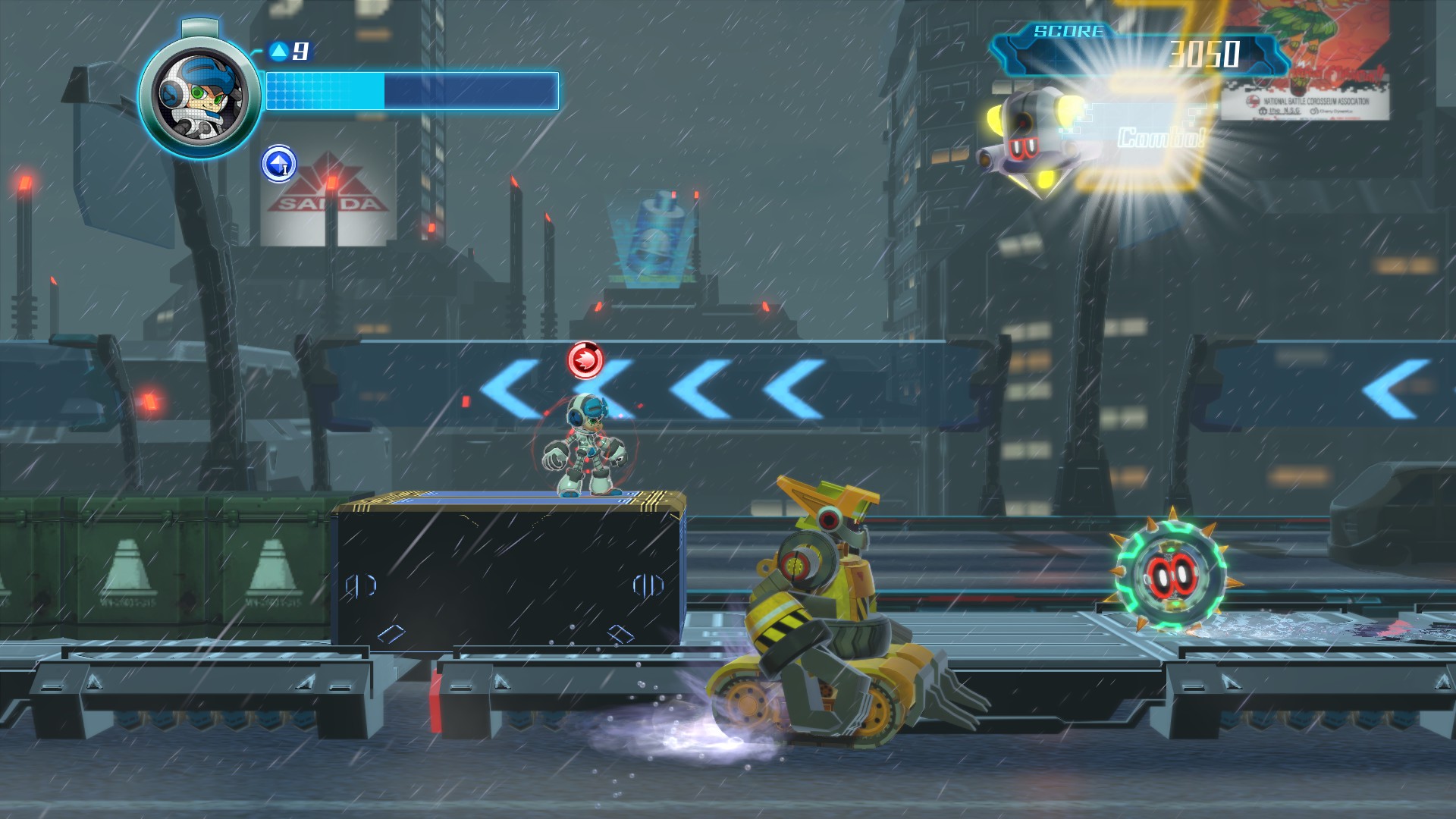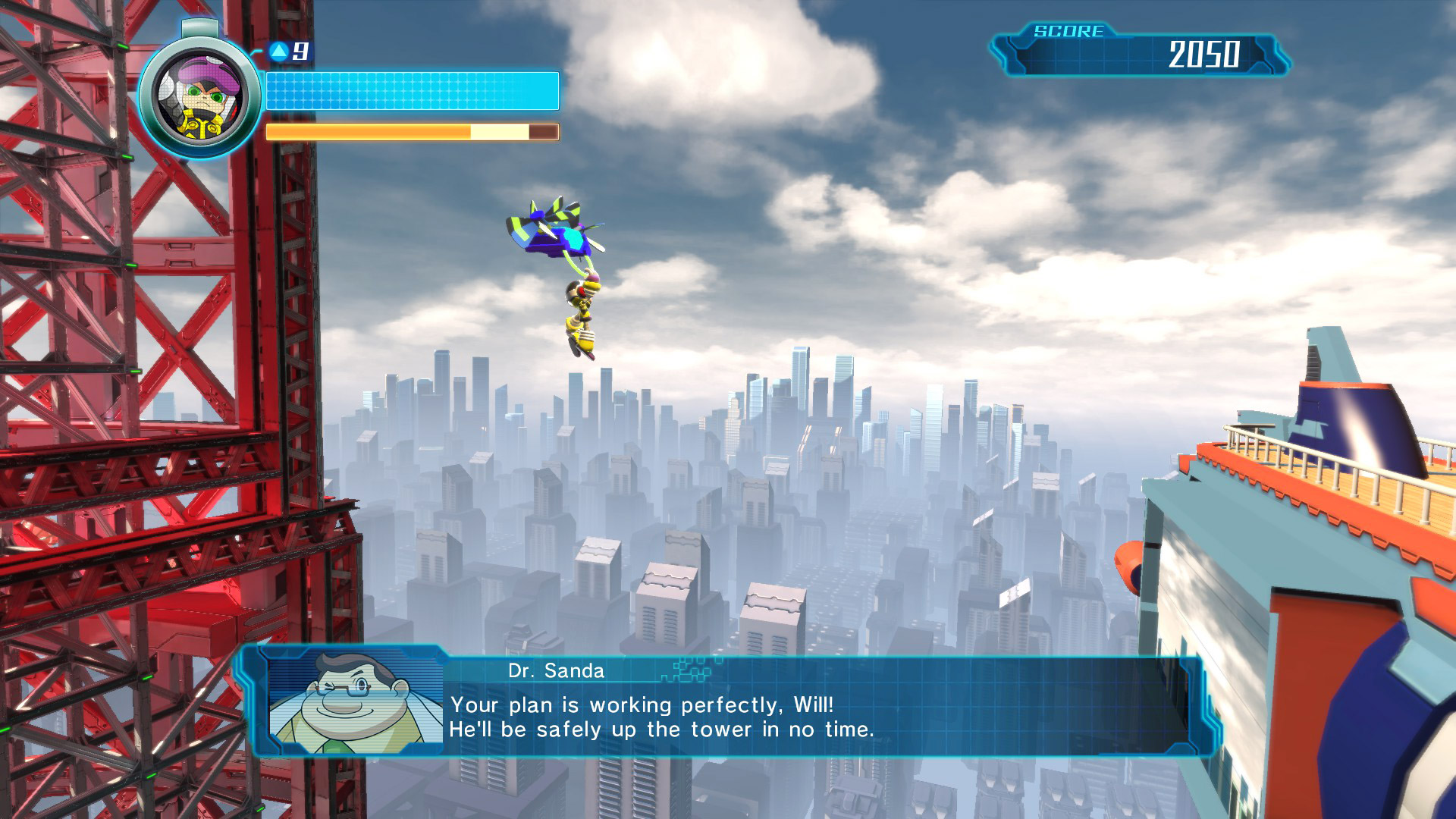It’s no secret that Keiji Inafume’s Mighty No. 9 isn’t exactly a great game. Reviews came along and everyone’s fears proved to be right, a most bitter tasting bite being left for Mega Man fans and all those who decided to support the initial Kickstarter pitch. After a development period plagued by multiple delays, it soon became clear something went horribly wrong within Comcept.
What was the exact cause? Some might point at Keiji Inafune’s history of poorly managed projects. Others might think that the arrival of Red Ash (another crowdfunded project run by the same studio) diverted resources away from Mighty No. 9. As it stands, both points are valid. We’ve even had Josh go over those in great detail quite recently. Yet, among all these discussions, we aren’t seeing much focus put on the game’s Kickstarter success. Could that have been the Achilles’ heel for Mighty No. 9?
It’s worth noting that, unlike many other commercial video game flops, this one shook the gaming scene precisely after a wildly successful crowdfunding campaign. I’d like to remind you that the exact monetary representation for that was $3,845,170, almost four times higher than the initial goal of $900,000 sought by the Kickstarter campaign. Without a doubt, Mighty No. 9 was one of the most impressive crowdfunding endeavors at the time.
Yet, history has shown that big and ambitious games often tend to be burdened by worrisome hurdles during development, regardless of their funding methods. You might think that Broken Age took its time, but many forget that Tim Schafer also had other non-crowdfunded games such as Psychonauts and Brütal Legend suffer from delays caused by mismanagement, funding issues and multiple changes of ownership. A similar point could also be made for Peter Molyneux’s work, as it took a crowdfunding campaign such as Godus to truly unveil the developer’s tendencies for making false promises and driving projects into less than satisfactory states.
In both cases, we’re simply looking at an apparent difference of public perception. When publishers are left with the nasty job of making sure a project stays afloat, most company struggles and time-related disasters remain hidden behind closed doors. More often than not, the general public might not be aware of the huge development issues behind games funded by publishers, mostly because there isn’t the pressure of having to constantly communicate with a wider audience.
Running a highly successful Kickstarter while making a game is an entirely different story. Many studios simply wouldn’t be comfortable operating with thousands of backers breathing down their necks and waiting for updates on a game they’ve personally funded. Sadly, we can’t get a full glimpse behind the development models of Comcept, but I think it’s safe to say that a hugely successful campaign bringing crazy amounts of publicity brought along a hefty amount of expectations, all of which might’ve been a bit too much for the studio.
While 116 updates show that Comcept kept an active discussion and flow of information throughout the campaign’s duration, one might also argue that such a number is too high. Were all those trailers necessary? Wouldn’t it have been better if the release dates had not been announced so early? While it’s difficult to balance out giving information and holding on to it, I’m beginning to think that silence is sometimes the better option.
I guess it’s safe to say that in comparison to publisher-backed games, crowdfunded projects are certainly susceptible to a different kind of public scrutiny. Sure, fans can always be passionate, but the situation becomes trickier when they have also invested a considerable amount of money prior to a game’s release. Expectations are set with thousands expecting progress updates and direct communication. And when you can’t hide behind the veil of a publisher, any negativity that might surround your game’s ultimate release can only escalate.






